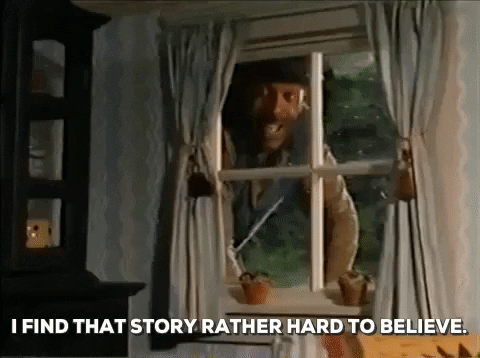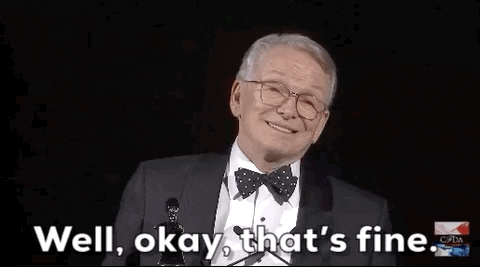- Joined
- Feb 10, 2011
- Messages
- 564
- Reaction score
- 1,039
I don't know the specifics again, but my understanding is that you are protected by your protocols, provided they are well written and evidence based. If a paramedic deviates from that protocol, they are at fault, not you.So if family sued the EMS agency, is it ultimately your medical license as medical director? Or it's your paramedic's fault for not following protocol.
What sort of compensation does the city provide for spending time to Q/A and make protocols? Is being the medical director of a small county sometimes even voluntary?
Nobody goes into EMS to make money. If anything, you may make less. Think about it... How much do you think the fire department is going to throw at you? Tax payer money is at a premium, and nobody wants to dish it out to a doctor of all people in this day age (us wealthy bastards), despite the fact that you went through additional training and acquired the expertise, and sat for EMS boards blah blah blah. Often times, it's government work. You get the bureaucracy and compensation that comes with it.
There are private agencies as well, but I don't think they pay any better.
You are absolutely correct, many people are medical directors for rural agencies (and even non-rural agencies) on a voluntary basis. It's because they like EMS work. If you look at premier EMS agencies like Medic One in Seattle, AirCare in Cincinnati, etc. these people do it because they want to be on the cutting edge of prehospital medicine.
I don't think a medical director, even one for a major metropolitan EMS agency, is making more than 60K for their time. But that is just speculation. The medical directors for these agencies, probably get paid standard academic salaries in the 200s, work full time at their EMS agency, and then pick up 8 shifts a month in the department. You can still obviously work in the community as well, and make more money than academics, but your EMS time isn't paying your bills.
Nothing you do coming out of EM in terms of fellowship will put you in a position to make more money, IMO. Seeing patients in the department, moving the meat etc, is where you get compensated.




